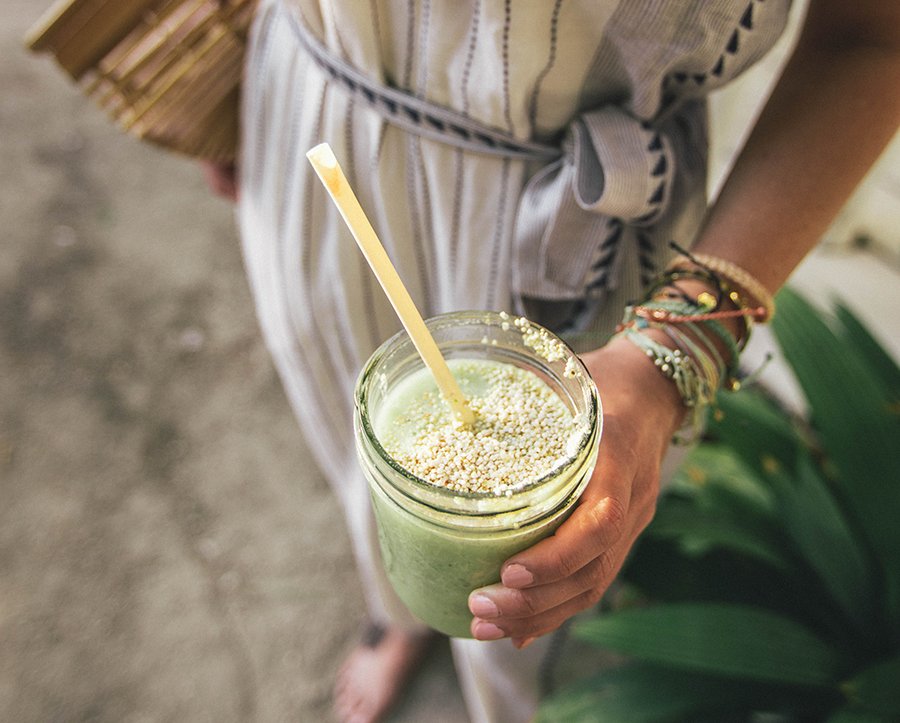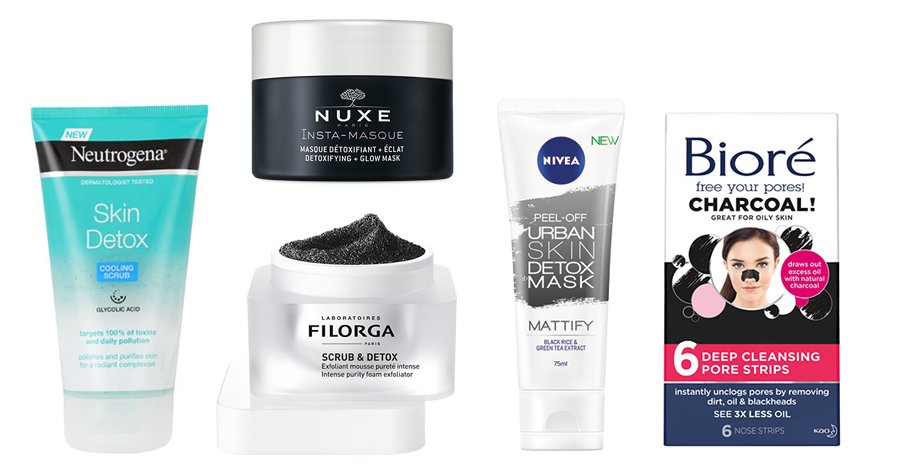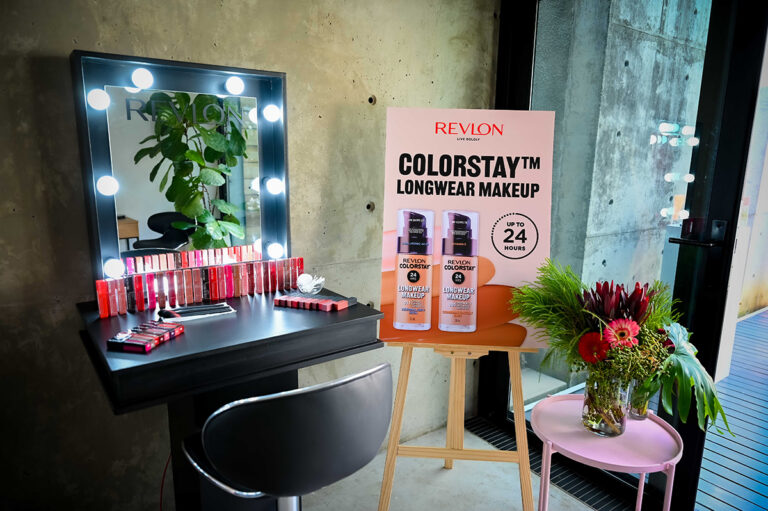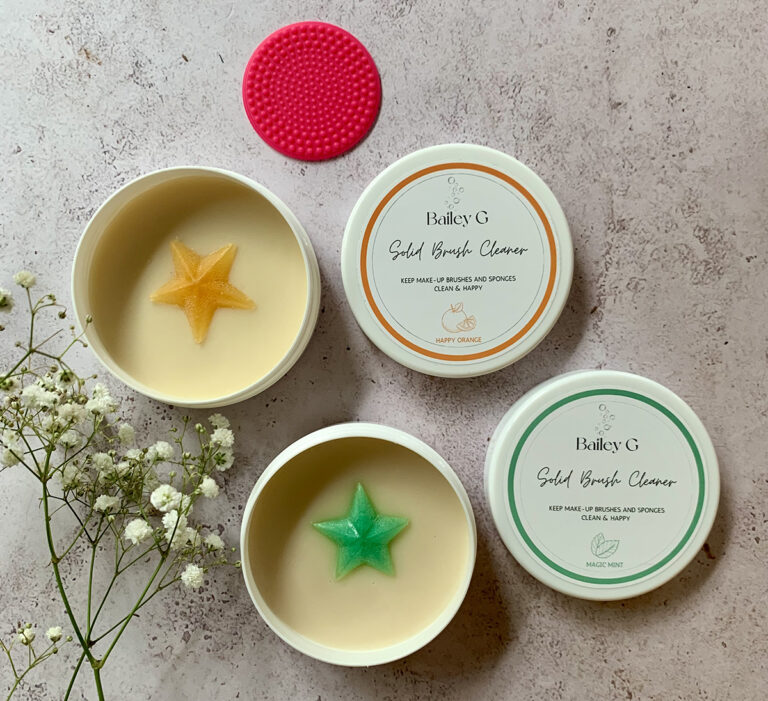
Detoxing has become an extremely popular practice. From juice cleanses to raw vegan diets, detoxing is thought to help remove toxins and unhealthy substances from the body. It promises the allure of a fresh start and a clean slate, but in recent months there has been a lot of controversial new research that suggests a detox is not all it’s cracked out to be. But what about skin detoxing? There are so many products that claim to “detox” the skin, but what does this actually mean?
We put some questions to Pretoria-based specialist dermatologist, Dr Tarryn Jacobs.
There is so much hype around “detoxing” in skincare, but experts seem to have conflicting views. Can you really detox your skin?
The idea of “detoxing” in skincare seems impressive, but from a medical perspective it is simply a misleading marketing term. Contrary to popular belief, the skin is not a detoxification organ and it’s not physiologically possible for toxins to leave through your skin or pores. The organs responsible for detoxification are the liver and kidneys. Your skin is just not going to do that for you.
The main function of our body’s largest organ is to act as a barrier between your body and the external environment. Our skin protects us from harmful substances such as UV radiation from the sun, microorganisms, pollution, and chemicals.
“Detoxing” in skincare can also have different interpretations. There is unfortunately not a formal definition for the word “toxin” when it comes to the beauty and skincare industry. The confusion occurs because this could be taken to mean a variety of things, including pores clogged with dirt and oil or even just dry skin.
Essentially it is not possible to “detox” skin in the true sense of the word but is possible to defend the skin from environmental assaults. Instead of focusing on “detoxing”, we should be protecting. As we go about our day we are exposed to all sorts of environmental stressors, like UV radiation, visible light, infrared light and ozone pollution. These external threats generate molecules called free radicals which can damage our skin cells, DNA and collagen. I like to think of these free radical molecules as the real “toxins” when it comes to our skin health. Over time, this can lead to visible signs of skin aging such as fine lines, wrinkles, laxity as well as skin cancer. Your best form of defence is the vigilant daily use of a broad-spectrum SPF 30 (or higher) sunscreen. Antioxidants in skincare help to neutralise free radicals and reduce the risk of cell damage. This can be used in the form of a well-formulated vitamin C serum, for example.
Is there a difference between detoxing the skin and deep cleansing the skin? For example, will a deep cleansing facial have a detoxifying effect on the skin?
As we have established, there is no way of detoxifying the skin, in the true sense. Effective cleansing twice a day is, however, is vital for healthy skin. It’s important to remove the build-up of dirt, bacteria and pollutants which can potentially contribute to breakouts, pigmentation and skin aging. A good way to achieve a deep cleanse at home is by double-cleansing. Double cleansing involves using a cleansing oil or micellar water to remove makeup, sunscreen and sebum. This is followed by a water-based cleanse which will clean deeper into the pores to remove any impurities.
Will a dietary detox have any effect on the condition or appearance of your skin?
When it comes to diet and skin, the best diet for your skin is the diet that is good for your general health as well. Antioxidants, minerals, and other nutrients are needed as co-factors in certain biochemical processes to maintain the skin’s integrity. So healthy skin shouldn’t be obtained by a “detoxing” diet but rather by maintaining a well-balanced diet.
One thing that could be helpful in the long run is by limiting excessive amounts of sugar in your diet. The intake of sugar has been linked to inflammation and premature aging in a process called glycation. Sugar binds to proteins and makes harmful molecules called glycation end products and this can in turn damage collagen and elastin in your skin.
The relationship between diet and acne has been controversial. However, emerging data suggests that a diet of high glycaemic index foods, as well as some dairy (in particular skin milk), may exacerbate acne in certain individuals.
What skincare ingredients do you recommend for people struggling with blocked pores, blackheads or congestion?
The key ingredients to look for are benzoyl peroxide, salicylic acid, glycolic acid, retinoids and niacinamide.
Benzoyl peroxide can be found in spot treatments or in face washes. This ingredient helps to fight acne-causing bacteria called Propionibacterium acnes (P.acnes) and also helps with inflammation.
Glycolic acid is an alpha hydroxy acid which acts as a chemical exfoliant. This benefits decongested skin or skin that is prone to breakouts but is also useful to treat the dark spots left behind (called post-inflammatory hyperpigmentation). Glycolic acid can be found in facial cleansers, toners and leave-on products.
Salicylic acid is a beta hydroxy acid and has the ability to penetrate into oil glands. It has anti-inflammatory and comedolytic effects, meaning it will unblock pores and decongest the skin.
Retinoid products are vitamin A derived ingredients such as retinol, which can reduce blackhead formation by increasing the turnover of skin cells and preventing skin cells from sticking together. It also helps to calm inflammation.
Niacinamide is vitamin B3 and it’s a great all-rounder ingredient. When it comes to acne-prone skin it helps to regulate oil production and fade post-inflammatory hyperpigmentation.
What are some of the factors that may lead to a congested skin?
Congested skin is characterised by multiple open pores and comedones (blackheads and whiteheads). Comedones are caused by a build of dead skin cells, bacteria and oil (sebum). This is caused by multiple factors. Overactive sebaceous glands due to hormonal fluctuations, lack of a regular skincare routine or the use of pore-clogging, comedogenic products and stress are all contributing factors.
So now that we understand that, from a medical point of view, you cannot truly detox the skin, what do we need to understand by the term “detox” when it comes to skincare? Rather than thinking of it as an actual detox, understand that detoxifying skincare products aim to remove impurities and excess sebum from the skin, and to protect the skin from aggressors like pollution and free radicals. We live in stressful times and polluted environments, so it’s important to use skincare products that effectively remove dirt and impurities.
We recommend:

Neutrogena Skin Detox Cooling Scrub, R119.95
This scrub polishes and purifies the skin for a more radiant complexion, and targets 100% of toxins and daily pollutants.
Filorga Scrub & Detox Intense Purity Exfoliator, R530.00
The perfect S.O.S for everyday skin burnout. This unique mousse-scrub offers double exfoliation and purification to fight the effects of stress, pollution and city life. Helps leave the skin clearer, smoother and protected against daily aggressors.
Nuxe Insta-Masque Detoxifying+ Glow Mask, R345.00
With two botanical active ingredients, charcoal and rose, this ultra-sensorial mask has a black gel texture that turns into milk to illuminate the skin and remove toxins.
Nivea Peel Off Urban Skin Detox Mask, R99.99
Enriched with black rice (which exfoliates and deeply cleanses your skin, eliminating impurities and dead skin cells) and green tea (which has antioxidant, anti-inflammatory, and antimicrobial properties), this peel-off mask mattifies skin, reducing oiliness and shine.
Bioré Deep Cleansing Charcoal Pore Strips, R135.00
These strips work like a magnet to instantly lock onto and lift out, dirt, oil and blackheads from the skin.
To make an appointment with Dr Jacobs, contact NoviSkin online here or call 012 460 4646.




